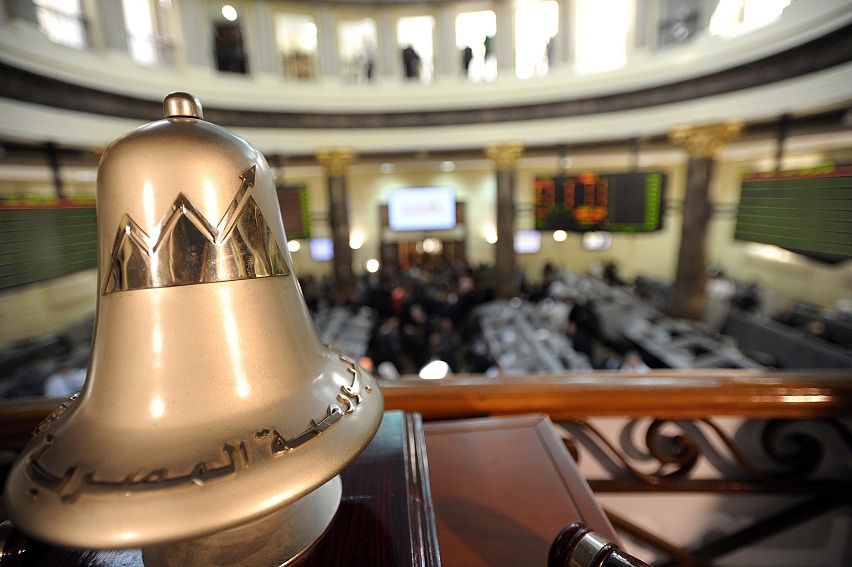Debt-laden Greece far exceeded its international creditors’ demands for budget savings last year, outstripping even the target for 2017, and presenting a strong case for unlocking more bailout funds.In 2016, the cash-strapped eurozone country spent 6.9 billion euros ($7.38 billion) less than it earned, boosting its so-called primary budget surplus – excluding interest payments on its debt – to 3.9 percent of gross domestic product (GDP).
Under an agreement with its international bailout creditors, Greece needed to clock a primary surplus of only 0.5 percent of output in 2016, followed by 1.75 percent this year and 3.5 percent in 2018.
Government spokesman Dimitris Tzanakopoulos said on Friday that the actual bailout-appropriate figure was 4.19 percent – an increase of over eight times the target – based on a different standard of calculation used by its beneficiaries, including the EU rescue fund (ESM) and the International Monetary Fund (IMF)
The announcement came as Greek officials aim to reach agreement on reform goals with the creditors in talks resuming next week.
Twisted figures?
IMF fiscal affairs department director Vitor Gaspar acknowledged that the figure was “significantly stronger” than the agency’s prior forecast, but attributed it to “temporary factors.”
Critics note that the government secured the result partly by holding back over three billion euros owed to state providers. Panagiotis Petrakis, economist at Athens University said the government hadn’t payed for deliveries to public hospitals and was failing to repay sales tax to businesses.
“If you don’t pay your bills, it’s easy to report a surplus,” he told the German news agency DPA, adding that Geece needed higher investment rather than more savings.
Unveiling debt figures alongside the budget surplus, the Greek statistics office said the country’s arrears stood at nearly 315 billion euros ($338 billion) or 179 percent of output, up from 177.4 percent in 2015.
IMF-EU rift
Greece and its creditors have been at odds for months over the country’s fiscal performance, delaying the conclusion of a key bailout review which could unlock needed bailout funds.
The IMF, which has reservations on whether Greece can meet high primary surplus targets, has yet to decide if it will fund Greece’s current bailout, which is its third rescue package and expires in 2018.
Eurozone nations including Germany want the IMF to retain a central role in supervising Greek reforms, but the global lender has said it will only do so if it is satisfied that estimates of Greek recovery are not over-optimistic.
In an interview for Friday’s edition of the Wall Street Journal, Greek Prime Minister Alexis Tsipras slammed the EU-IMF squabble as holding back the Greek economic recovery.
“We have committed to fulfilling the obligations undertaken to our creditors despite the political cost,” Tsipras said. “But the safest way to ensure this is by boosting growth and ending the punishing policies of the past.”
The Greek budget surplus could foster a compromise among creditors, which are set to decide on a second review of the bailout program and unblock a tranche of loans Greece needs for debt repayments of seven billion euros this summer.
uhe/jd (Reuters, AFP, dpa)


